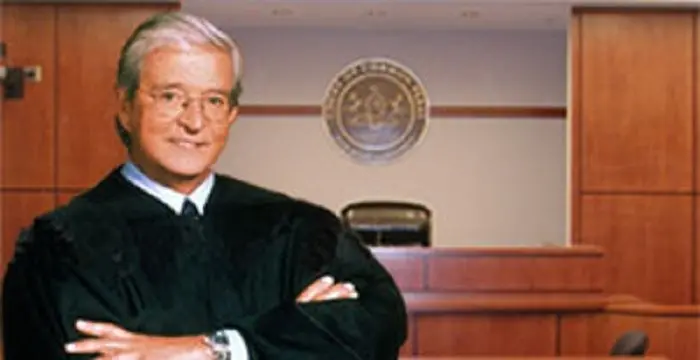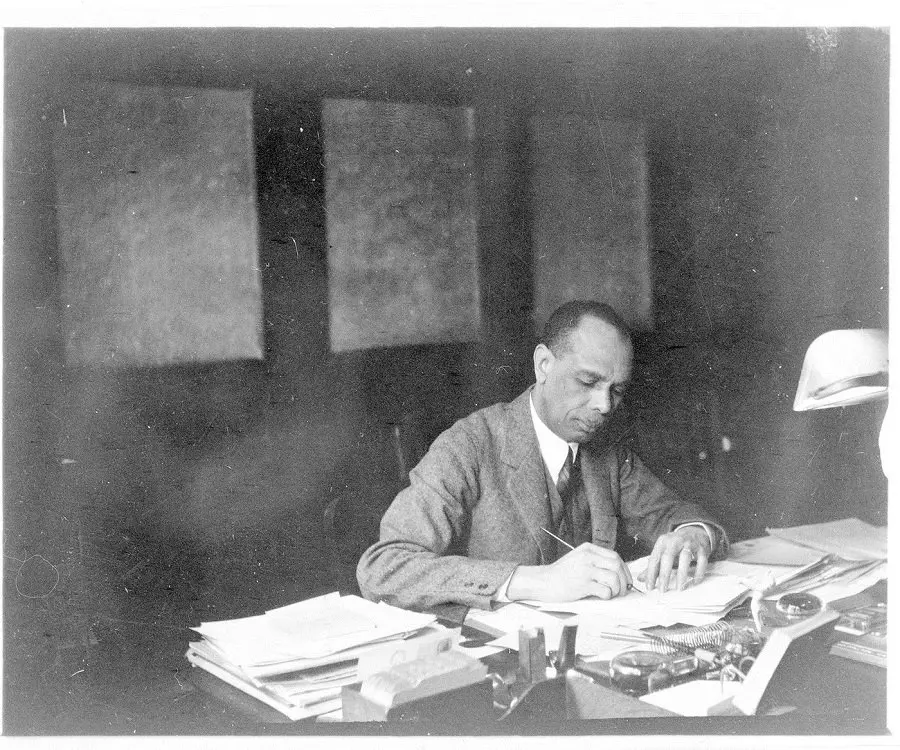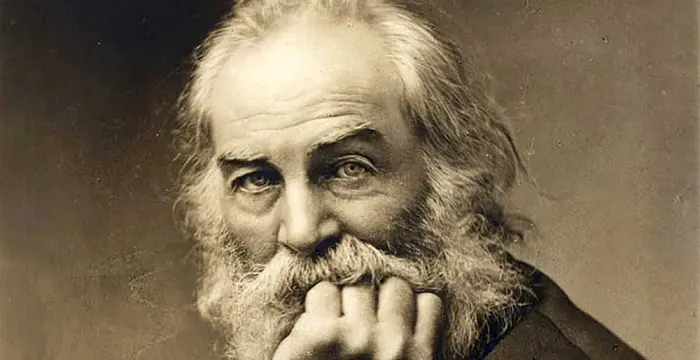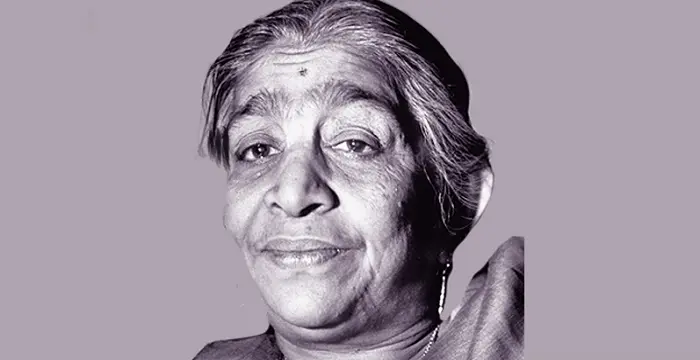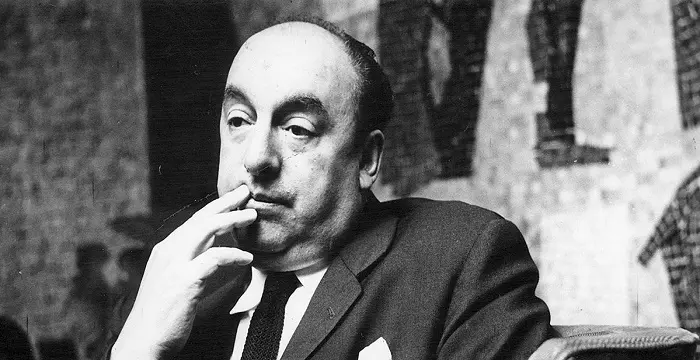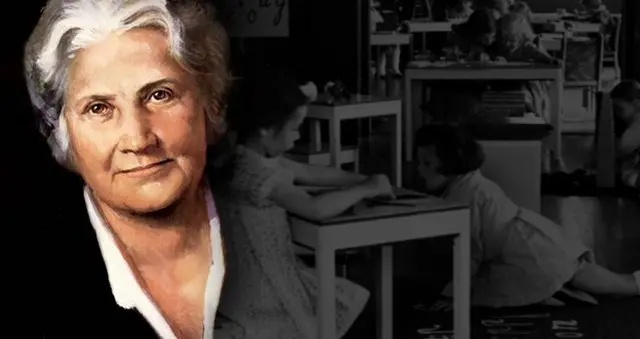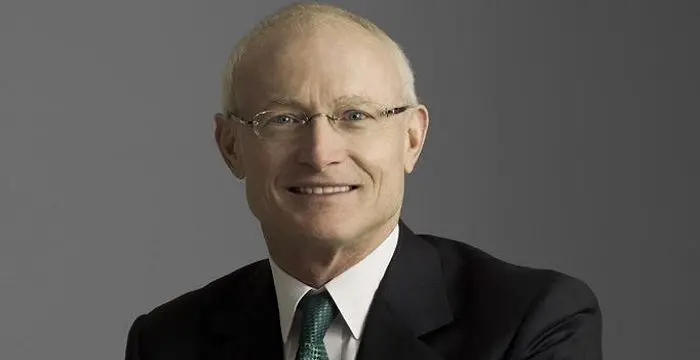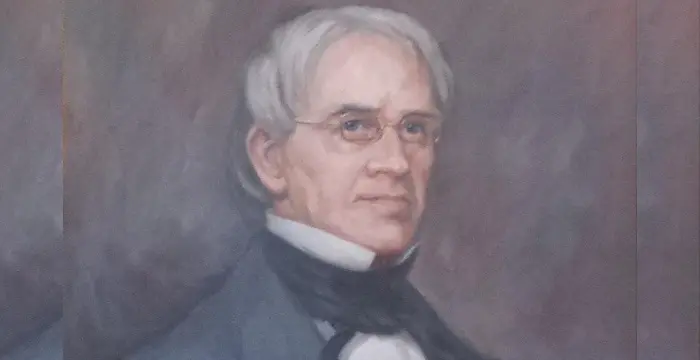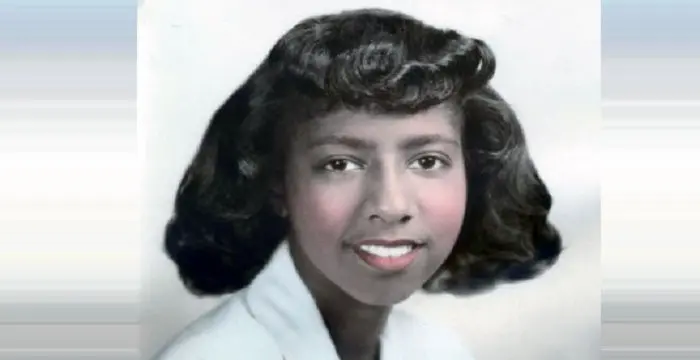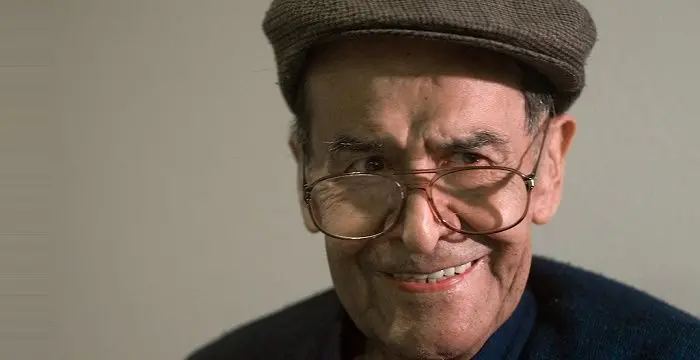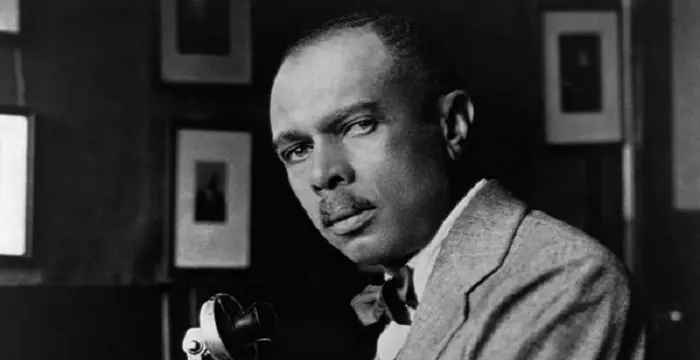
James Weldon Johnson - Lawyers, Facts and Childhood
James Weldon Johnson's Personal Details
James Weldon Johnson is credited with lot of firsts in his lifetime
| Information | Detail |
|---|---|
| Birthday | June 17, 1871 |
| Died on | June 26, 1938 |
| Nationality | American |
| Famous | Black Authors, Black Poets, Activists, Anthropologists, Writers, Diplomats, Educators, Lawyers, Poets, Songwriters |
| City/State | Florida |
| Spouses | Grace Nail |
| Siblings | John Rosamond Johnson |
| Universities |
|
| Notable Alumnis |
|
| Cause of death |
|
| Birth Place | Jacksonville, Florida, United States |
| Gender | Male |
| Father | James Johnson |
| Mother | Helen Louise Dillet |
| Sun Sign | Gemini |
| Born in | Jacksonville, Florida, United States |
| Famous as | Educator, Lawyer, Diplomat, Songwriter, Writer, Anthropologist, Poet and Activist |
| Died at Age | 67 |
// Famous Lawyers
Sunny Hostin
Sunny Hostin is an American lawyer, social commentator, columnist and journalist. Check out this biography to know about her childhood, family life, achievements and fun facts about her.
Jerry Sheindlin
Jerry Sheindlin is an American judge, author, and television personality. Check out this biography to know about his childhood, family life, achievements and fun facts about him.
John Donne
John Donne was a famous English poet, satirist, lawyer and priest of his time. Check out this biography to know about his childhood, family life, achievements and other facts related to his life.
James Weldon Johnson's photo
Who is James Weldon Johnson?
A multi-faceted personality, James Weldon Johnson grew up to be America's top author, politician, diplomat, critic, journalist, poet, anthologist, educator, lawyer, songwriter and early civil rights activist. He also played a prominent role in the Harlem Renaissance, during the 1920s. Extremely ingenious when it came to writing, Johnson is notable for his contribution in poetry, novels, short stories and folklore. His command over literature earned him the position of a professor at New York University and he became the first African-American to receive such an honor. He also took up the Spence Chair in creative literature and writing department, at Fisk University, in Nashville.
// Famous Songwriters
Billie Eilish
Billie Eilish Pirate Baird O’Connell is an American singer and songwriter. Check out this biography to know about her childhood, family, personal life, birthday, etc.
Isac Elliot
Isac Elliot is a Finnish pop singer-songwriter and dancer. Let’s have a look at his family & personal life including age, date of birth, girlfriends, net worth, and fun facts.
Laura Marano
Laura Marano is an American actress and singer-songwriter. Let’s have a look at her personal & family life including age, net worth, boyfriends, and fun facts.
Biography detail
Childhood
Son of Helen Louise Dillet and James Johnson, James Weldon Johnson was born in Jacksonville, Florida, on 17th June 1871. Young Johnson received his preliminary education from his mother and later on, was sent to Edwin M. Stanton School. It was through his mom that he gained the love and knowledge of English literature and the European tradition in music. In the year 1887, Johnson enrolled himself at Atlanta University.
In the summer of 1891, four years after joining the university, Johnson visited the rural district in Georgia to teach the children of former slaves. Apart from earning his graduate degree from Atlanta University in 1894, Johnson also completed some graduate coursework. Inspired by the achievement of his father, Johnson's self-confidence led him to pursue a professional career. He regarded his education at the Atlanta University as an added bonus, which would help him dedicate his resources towards black people.
Education & Law
In the year 1897, James Weldon Johnson became the first African-American to be admitted to the Florida Bar Exam, since Reconstruction. With this, he became the first Black in Duval County to seek admission to the state bar. In order to receive entry, Johnson underwent a two-hour examination before three attorneys and a judge. In the year 1904, he received an honorary Master's degree. Upon receiving this, he headed for Stanton, a school for African-American students in Jacksonville.
Johnson was appointed as the principal in Stanton. With this, he became the principal of the largest public school in Jacksonville. However, in terms of salary, he received only half of what a white would have received in the same position. As the principal, Johnson reformed the education standard and introduced ninth and tenth grades. While algebra, English composition, physical geography and bookkeeping were part of the class nine syllabus, the class ten course included geometry, English literature, elementary physics, history and Spanish.
In the fall of 1916, Johnson was commissioned as the national organizer for the National Association for the Advancement of Colored People (NAACP) and later promoted as the head. In the 1920s, his works as a poet, editor and critic made him one of the most influential leaders in the Harlem Renaissance. In 1930, Johnson resigned from NAACP, to accept the Spence Chair of Creative Literature, at Fisk University (Nashville). In the university, he lectured on literature and also on a wide range of issues related to with the life and civil rights of black Americans. He held the chair until 1938.
Music
Throughout his life, Johnson made significant contributions to the field of music. In the year 1901, he moved to New York City, along with his brother, J. Rosamond Johnson. Employed in musical theater, he produced hits and blockbusters, such as, 'Tell Me, Dusky Maiden' and 'Nobody's Looking but the Owl and the Moon'. During this time, Johnson also composed the lyrics of the famous song, 'Lift Ev'ry Voice and Sing', which was later adopted by the NAACP, as the Negro National Anthem.
The brother duo became highly successful in their songwriting and music expedition. In partnership with producer and director Bob Cole, Johnson and his brother worked at the Broadway as well. They also participated in the opera Tolosa, which was basically a satirical performance on the U.S. annexation of the Pacific islands. With each success, Johnson climbed up the ladder of African-American society in Brooklyn, New York, and became a part of the upper echelons, or the creamy layer, of the society.
Diplomat
Johnson was selected as the US consul of Puerto Cabello, Venezuela, in the year 1906. Three years thence, he was transferred as the US consul of Corinto, Nicaragua. During his stay at Corinto, a rebellion occurred against President Adolfo Diaz. Johnson's worth as a diplomat enhanced during the time of building pressure and excessive strain. While working as a diplomat, he became a published poet, with his works being printed in the magazine 'The Century Magazine' and in 'The Independent'.
Literature & Anthologist
While living in South America, Johnson completed 'The Autobiography of an Ex-Colored Man', which earned him great literary success, acclaim and commendation. The book was published anonymously in the year 1912. Established as a writer, Johnson moved ahead and also earned a name as a proficient anthologist. His anthologies served as an inspiration and source of encouragement for the new generation artists, who would create the Harlem Renaissance of the 1920s and 1930s.
Activist
Johnson's years in the Atlanta University provided him the much needed qualities and confidence that helped him become an activist in the later years. During his years of education at the university, he was known as an influential speaker. He won the Quiz Club Contest in English Composition and Oratory in 1892. Apart for this, in 1895, Johnson founded the paper the 'Daily American' and served as its editor. The paper's content was mostly based on political and racial issues of those times. However, the financial crises led to the closure of the publication. Nevertheless, it marked the beginning of Johnson's life as an activist.
Johnson's entry into the political scene came in the year 1904, when he joined as the treasurer of the Colored Republican Club, started by Charles W. Anderson. Just a year later, he was promoted as the President of the club and his profile included organizing political rallies. A decade since his start, i.e. in 1914, Johnson took over the editorial page of the New York Age, an influential African American weekly. His writings for the weekly showed his knack as a political leader and he soon found himself listed among the 'Who's Who of America', eventually gaining national prominence.
It was during the fall of 1916 that Johnson was commissioned as the national organizer for the National Association for the Advancement of Colored People (NAACP). As soon as he took over, he changed the scenario steeply, by involving people in silent parade, rather than the race riots and lynching that pervaded earlier. The massive gathering of ten thousand African-Americans on July 28, 1917, in the New York's Fifth Avenue, showed his influence as a leader. Three years later, in 1920, Johnson was elected to head the NAACP, becoming the first African American ever to hold the prestigious position.
The same year he became the head of NAAC, i.e. in 1920, Johnson was sent to Haiti, to investigate the condition of the area, as it had been occupied by U.S. Marines since 1915. At this time, he published a series of articles in 'The Nation', in which he gave development ideas for reforming the economic and social status of Haiti. In the articles, Johnson also revealed the brutality of Americans in the island country. He was also one of the initiators behind the Dyer Anti-Lynching Bill of 1921.
Personal life
It was during his years in New York, as a songwriter, when Johnson met Grace Nail. A refined lady, she became an accomplished artist in pastels and accompanied Johnson on a screenwriting project. Later, in 1910, the two tied the nuptial knot. Their wedding took place around the same time, when Johnson was appointed as a United States Consul, in Nicaragua.
Death
James Weldon Johnson left for the heavenly abode on June 26, 1938. He was near his summer home in Wiscasset, Maine, when the unfortunate accident took place. His car, which he was driving, was struck by a train. His funeral was held in Harlem and was attended by more than 2000 people.
Awards, Honors & Legacy
- A middle school in Florida, James Weldon Johnson Middle School, has been named after him.
- The United States Postal Service honored Johnson by issuing a 22 cent postage stamp on February 2, 1988.
- Scholar Molefi Kete Asante's list of '100 Greatest African Americans' (2002) includes James Weldon Johnson.
- He was honored with a Springarn Medal from NAACP in the year 1925, for outstanding achievement by an American Negro.
- Johnson was honored with Harmon Gold Award for 'God's Trombones'.
- In 1929, he was granted the Julius Rosenwald Fund.
- In 1933, Johnson was given the W.E.B. Du Bois Prize for Negro Literature. In the same year, he was named first incumbent of Spence Chair of Creative Literature at Fisk University
- Johnson received honorary Master's degree from Atlanta University and honorary doctorates from Talladega College and Howard University
Selected Works
Poetry
1892 - To a Friend
1893 - A Brand
1898 - The Color Sergeant
1899 - Lift Every Voice and Sing
1900 - Sence You Went Away, The Black Mammy
1908 - O Black and Unknown Bards
1916 - Brothers
1917 - Fifty Years and Other Poems
1920 - The Creation
1923 - My City
1926 - Go Down, Death
1927 - God's Trombones: Seven Negro Sermons in Verse
1935 - Saint Peter Relates an Incident
1936 - Selected Poems
The Glory of the Day was in Her Face
Other Works & Collections
1912-27 - The Autobiography of an Ex-Colored Man
1920 - Self-Determining Haiti
1922 - The Book of American Negro Poetry Harcourt, Brace, and Company
1926 - Second Book of Negro Spirituals
1930 - Black Manhattan
1933 - Along This Way
1934 - Negro Americans, What Now?
1995 - The Selected Writings of James Weldon Johnson (Posthumous collection)
// Famous Poets
Walt Whitman
Walt Whitman was an American poet, journalist and humanist. Read this brief biography to find more on his life & timeline.
Sarojini Naidu
Sarojini Naidu was an Indian freedom fighter and poet. Read this brief biography to find more on her life.
Pablo Neruda
Pablo Neruda was a Chilean poet, politician and Nobel laureate. Go through this biography to learn more about his profile, childhood, life and timeline.
James Weldon Johnson's awards
| Year | Name | Award |
|---|---|---|
Other | ||
| 0 | 1925 - Spingarn Medal from the NAACP for outstanding achievement | |
| 0 | 1933 - W. E. B. Du Bois Prize for Negro Literature | |
| 0 | Harmon Gold Award | |
// Famous Educators
Maria Montessori
Maria Montessori was a physician and educator who developed the approach of Montessori education. This biography of Maria Montessori provides detailed information about her childhood, life, achievements, works & timeline.
Michael Porter
Michael Porter is an economist, researcher, author, advisor, speaker and teacher. This biography profiles his childhood, career, academic contribution, works, life, achievements and timeline.
Horace Mann
Horace Mann was an American education reformer and politician. This biography of Horace Mann profiles his childhood, life, works, achievements and timeline.
Marjorie Lee Browne
Marjorie Lee Browne was an eminent African-American mathematician & educator. This biography profiles her childhood, life, career and timeline.
Nita Ambani
Nita Ambani is the wife of Mukesh Ambani and chairperson and founder of Reliance Foundation. Check out this biography to know about her childhood, family and life history.
Jaime Escalante
Jaime Escalante was a celebrated Bolivian teacher and one of the most famous educators in America during 1980s and 1990s. This biography of Jaime Escalante provides detailed information about his childhood, life, achievements, works & timeline.
James Weldon Johnson's FAQ
What is James Weldon Johnson birthday?
James Weldon Johnson was born at 1871-06-17
When was James Weldon Johnson died?
James Weldon Johnson was died at 1938-06-26
Where was James Weldon Johnson died?
James Weldon Johnson was died in Wiscasset, Maine, United States
Which age was James Weldon Johnson died?
James Weldon Johnson was died at age 67
Where is James Weldon Johnson's birth place?
James Weldon Johnson was born in Jacksonville, Florida, United States
What is James Weldon Johnson nationalities?
James Weldon Johnson's nationalities is American
Who is James Weldon Johnson spouses?
James Weldon Johnson's spouses is Grace Nail
Who is James Weldon Johnson siblings?
James Weldon Johnson's siblings is John Rosamond Johnson
What was James Weldon Johnson universities?
James Weldon Johnson studied at Columbia University, Columbia University, Clark Atlanta University, Fisk University
What was James Weldon Johnson notable alumnis?
James Weldon Johnson's notable alumnis is Columbia University
What is James Weldon Johnson's cause of dead?
James Weldon Johnson dead because of Car Accident
Who is James Weldon Johnson's father?
James Weldon Johnson's father is James Johnson
Who is James Weldon Johnson's mother?
James Weldon Johnson's mother is Helen Louise Dillet
What is James Weldon Johnson's sun sign?
James Weldon Johnson is Gemini
How famous is James Weldon Johnson?
James Weldon Johnson is famouse as Educator, Lawyer, Diplomat, Songwriter, Writer, Anthropologist, Poet and Activist

